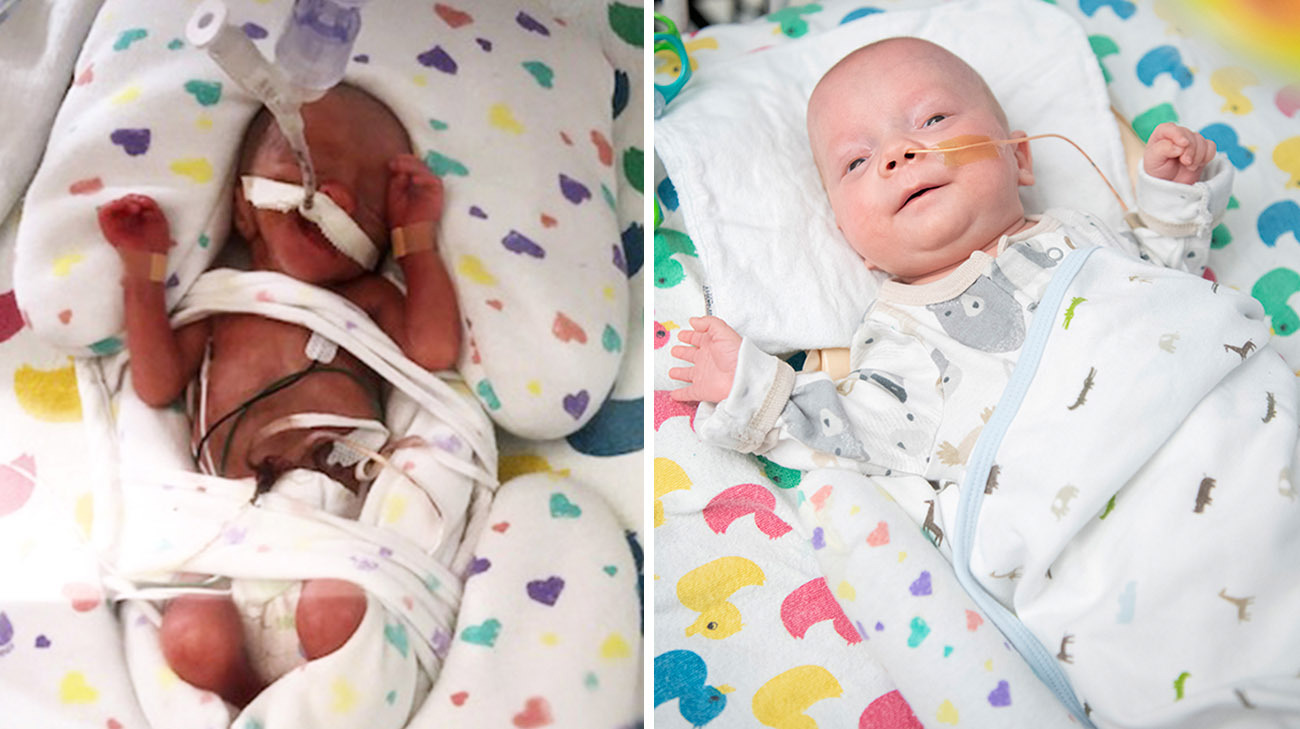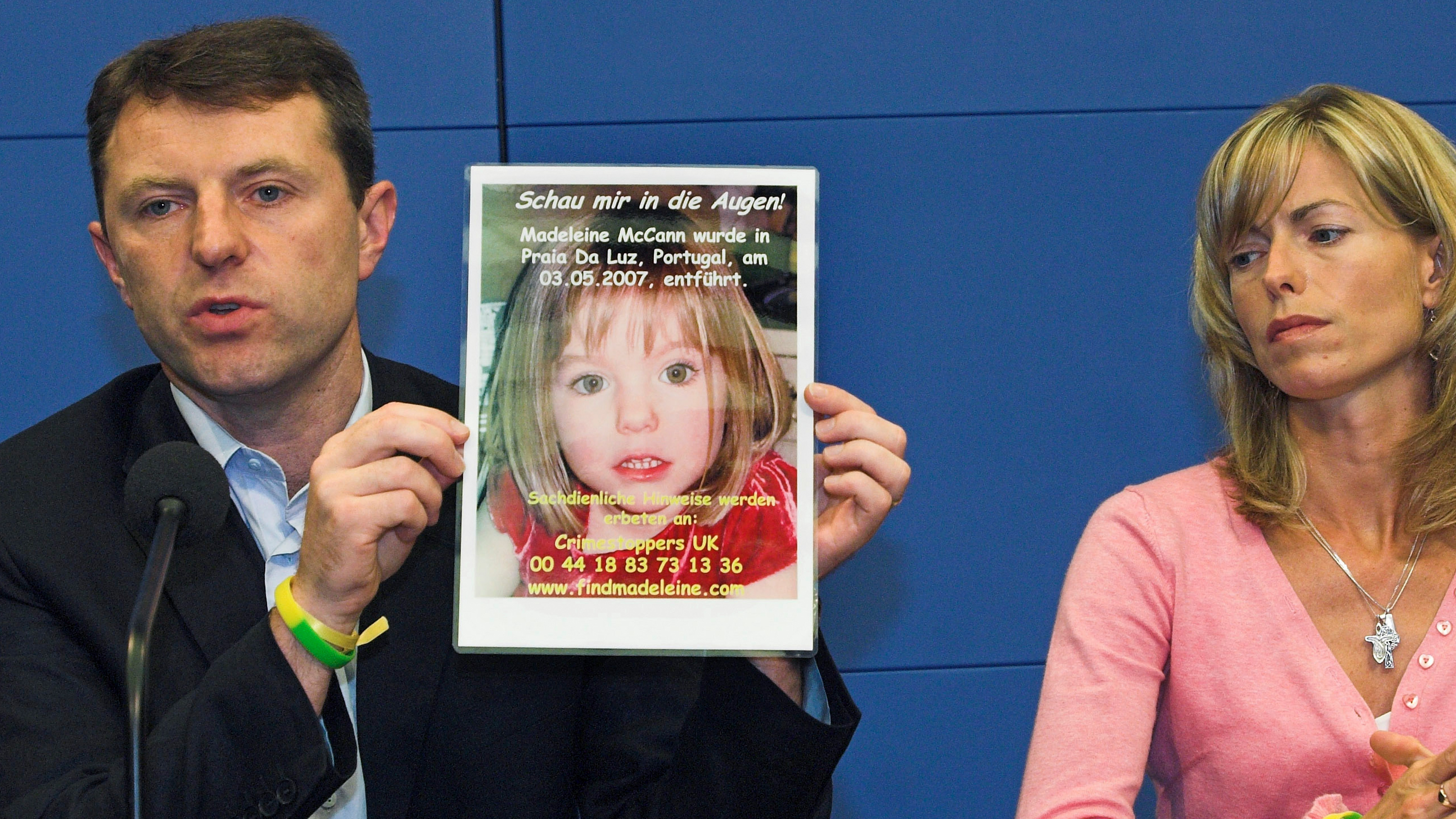In Italy, a tragic incident involving two premature infants has drawn national and international attention after authorities began investigating the possibility of hospital equipment being contaminated with dishwashing detergent. The deaths, which occurred in a neonatal intensive care setting, have sparked urgent questions about hospital safety standards, sterilization practices, and the safeguards designed to protect the most vulnerable patients.
The newborns, arriving early and needing specific medical attention, reportedly faced serious issues after standard procedures. Initial results indicate that these problems might be connected to inadequate sanitization of hospital apparatus, where dish soap might have been erroneously utilized instead of authorized medical sterilization solutions. Although the inquiry continues, this potential cause has stirred significant worry among medical staff, patient representatives, and the wider community.
Premature babies are especially vulnerable to infections or contamination acquired in hospitals. Their immune systems are immature, which makes them heavily reliant on rigorous hygiene measures and sterile medical conditions. Any deviation from these standards can lead to severe outcomes, as was unfortunately demonstrated in this situation. The event has emphasized the necessity for meticulousness and alertness in every aspect of neonatal care, where even minor mistakes can pose life-threatening dangers.
Authorities in Italy have initiated several investigations to uncover the precise manner in which the suspected contamination happened. Initial findings suggest that cleaning materials might not have been correctly separated or stored, leading to worries regarding staff training and the measures implemented to prevent these errors. Investigators are examining whether the current safety protocols were adhered to consistently or if any procedural lapses played a role in the incident. Hospitals generally maintain stringent sterilization protocols, but this situation has emphasized the necessity for strengthening supervision and responsibility.
Healthcare representatives have offered their sympathies to the impacted families, committing to openness during the inquiry. Meanwhile, medical groups are advocating for swift evaluations of sterilization practices nationwide to prevent future incidents. Suggestions have been made to introduce more labeling, color-coding, and educational measures to minimize the chances of mixing up cleaning substances with medical sterilization agents.
Outside the specific hospital where the event occurred, this tragedy has sparked a wider conversation regarding the safety of patients in neonatal care facilities globally. This situation highlights the fact that despite highly developed healthcare systems, mistakes made by individuals and lapses in procedures can result in avoidable consequences. It further underscores the importance of educating medical personnel, ongoing supervision, and strong safety measures in safeguarding the lives of newborns.
Families of premature babies often place immense trust in neonatal intensive care units, believing their children are in the safest possible hands. Incidents like this not only shake that trust but also raise important questions about how hospitals communicate with families during emergencies. Transparent communication, compassionate support, and clear explanations of what went wrong are essential components of rebuilding confidence in the healthcare system after such devastating losses.
Internationally, health experts have pointed out that the tragedy in Italy should serve as a wake-up call for medical institutions everywhere. Hospitals across the globe face similar risks if cleaning and sterilization protocols are not rigorously managed. The lessons drawn from this investigation could lead to stronger global safety standards, helping to prevent similar cases in the future.
While the investigation continues, the Italian public is watching closely for answers. For the grieving families, justice and accountability remain a priority, but so too does ensuring that other parents never face the same heartbreaking situation. For healthcare providers, the case is an urgent reminder of the responsibility they carry—not only to deliver care but also to maintain an uncompromising commitment to safety at every level.
The passing of the two newborns represents a deep tragedy, emphasizing the delicate nature of neonatal care and the vital necessity of accuracy in medical procedures. Regardless of whether this incident turns out to be due to unintentional soap contamination or a different type of procedural fault, it accentuates the need to maintain top-tier standards of healthcare safety. Ultimately, this situation is not solely about identifying what failed in a particular medical facility, but about strengthening a culture of awareness that safeguards the most fragile patients globally.




